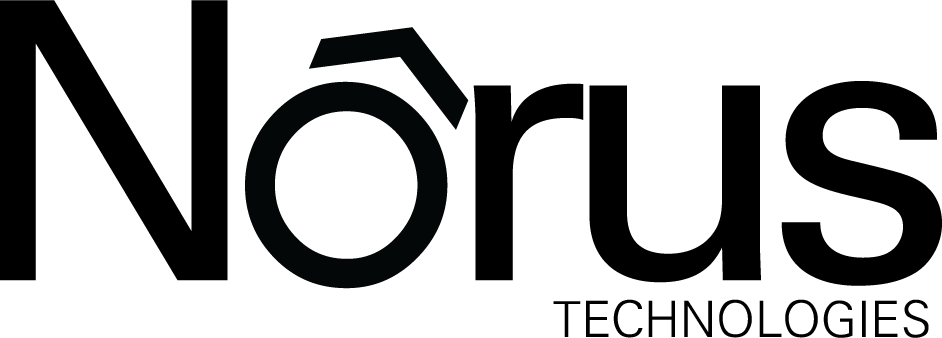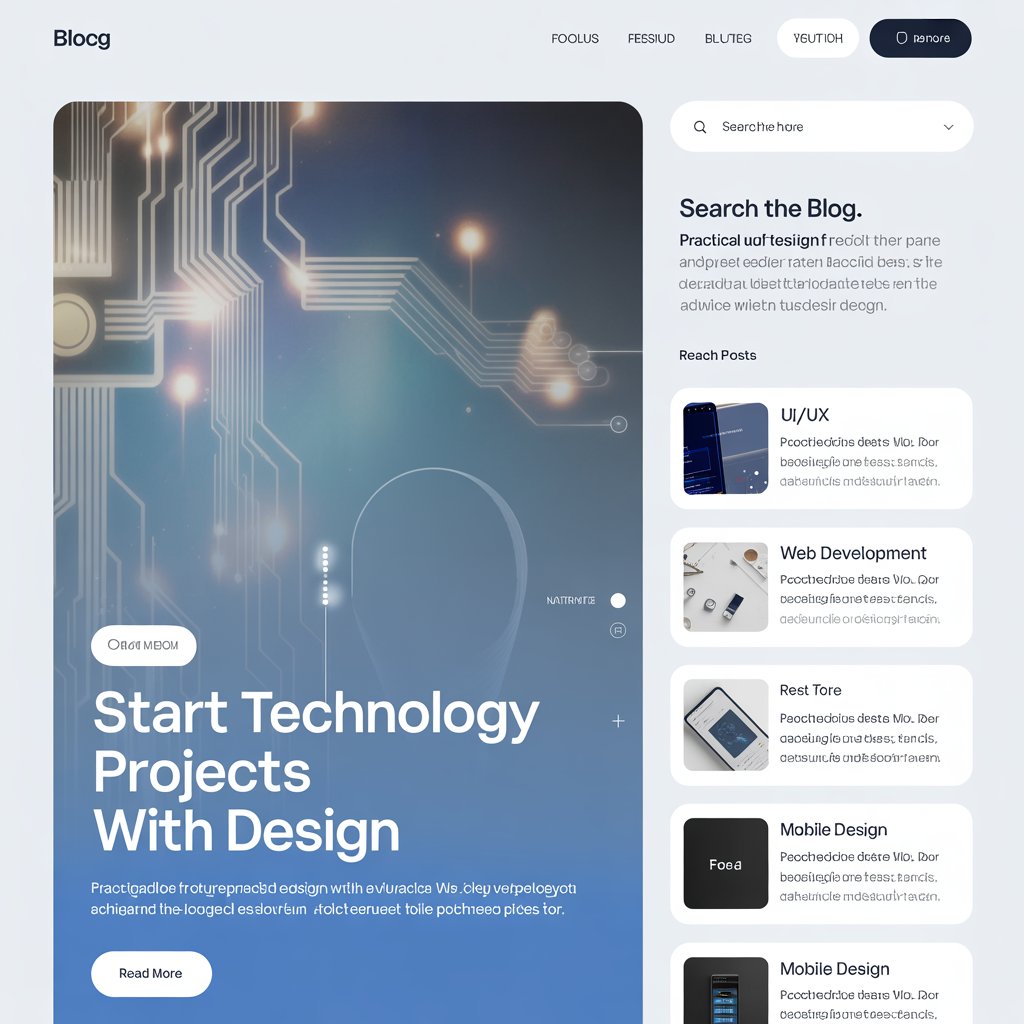Introduction to Google Ads for Nonprofits
Why Google Ads are Crucial for Nonprofits
Enhanced Visibility
Boosting Donations
Volunteer Engagement
Driving Targeted Traffic
Understanding Google Ad Grants
Benefits of Google Ad Grants
- Increased Visibility: Appear at the top of Google Search results, capturing the attention of potential supporters.
- Cost Efficiency: Benefit from $10,000 monthly in free advertising credits.
- Enhanced Engagement: Drive more traffic to your website, increasing potential donations and volunteer registrations.
Prerequisites for Leveraging Google Ads
Optimized Website Essentials
- Mobile Compatibility: Ensure your website is mobile-friendly to accommodate most user searches conducted on mobile devices.
- Speed Optimization: Use tools like Google PageSpeed Insights to improve your website’s loading time, crucial for user retention.
- Security: Secure your website with HTTPS to protect user data and enhance trustworthiness.
Effective Landing Pages
- Relevance: Align landing page content with your ads’ message and keywords to meet user expectations.
- Clarity and Conciseness: Use clear headings and concise text with compelling calls-to-action.
- Visual Appeal: Maintain a professional, engaging design to captivate and retain visitors.
Optimized Donation Pages
- User-Friendliness: Simplify the donation process to minimize barriers for potential donors.
- Transparency: Clearly disclose the use of donations to build trust.
- Secure Transactions: Ensure secure donation methods to protect donor information.
Setting Up Your Google Ads Account
- Check Eligibility: Confirm that your nonprofit meets Google Ad Grants eligibility criteria.
- Register with Google for Nonprofits: Enroll in the Google for Nonprofits program and sign up for Google Ad Grants.
- Account and Campaign Creation: Set up your Google Ads account linked to your Google for Nonprofits account and create your initial campaign targeting key phrases relevant to your mission.
Best Practices for Google Ads Campaigns
- In-depth Keyword Research: Use tools like Google Keyword Planner to identify potential keywords.
- Compelling Ad Copy: Write ad copy that resonates with your audience, emphasizing unique aspects of your nonprofit and clear CTAs.
- Optimized Landing Pages: Ensure landing pages are well-designed, quick to load, and aligned with your ads for higher conversions.
- Performance Tracking: Regularly monitor your ads’ performance to adjust strategies and improve outcomes.
Maximizing the Impact of Google Ad Grants
- Full Budget Utilization: Aim to use the entire $10,000 in ads each month by diversifying your campaigns.
- Use of Ad Extensions: Enhance your ads with additional information through extensions like site links and callouts.
- Continuous Optimization: Regularly test and adjust your ads, keywords, and landing pages to refine your approach.
Addressing Common Challenges
- Budget Management: Efficiently manage your budget by focusing on high-performing campaigns and pausing less effective ones.
- Compliance: Stay updated with Google Ad Grants policies to maintain eligibility and optimize ad performance.
Google Ads for Nonprofits FAQ

How does Google Ad Grants work?

Google Ad Grants provide eligible nonprofits with $10,000 per month in free advertising on Google Search to help increase their online presence and impact.

How can my nonprofit apply for Google Ad Grants?

Start by registering for the Google for Nonprofits program, verify your eligibility, and then enroll in the Google Ad Grants.

What are the Google Ad Grants eligibility requirements?

Eligibility includes having valid charity status, agreeing to Google's certifications, possessing a high-quality website, and adhering to program policies.

How can my nonprofit optimize its Google Ads campaigns?

Optimize by conducting thorough keyword research, crafting effective ad copy, ensuring landing page effectiveness, and continuously monitoring and adjusting based on performance metrics.

What challenges might my nonprofit face with Google Ad Grants?

Challenges include managing the $10,000 budget effectively, adhering to policy requirements, and optimizing campaigns for maximum impact.






